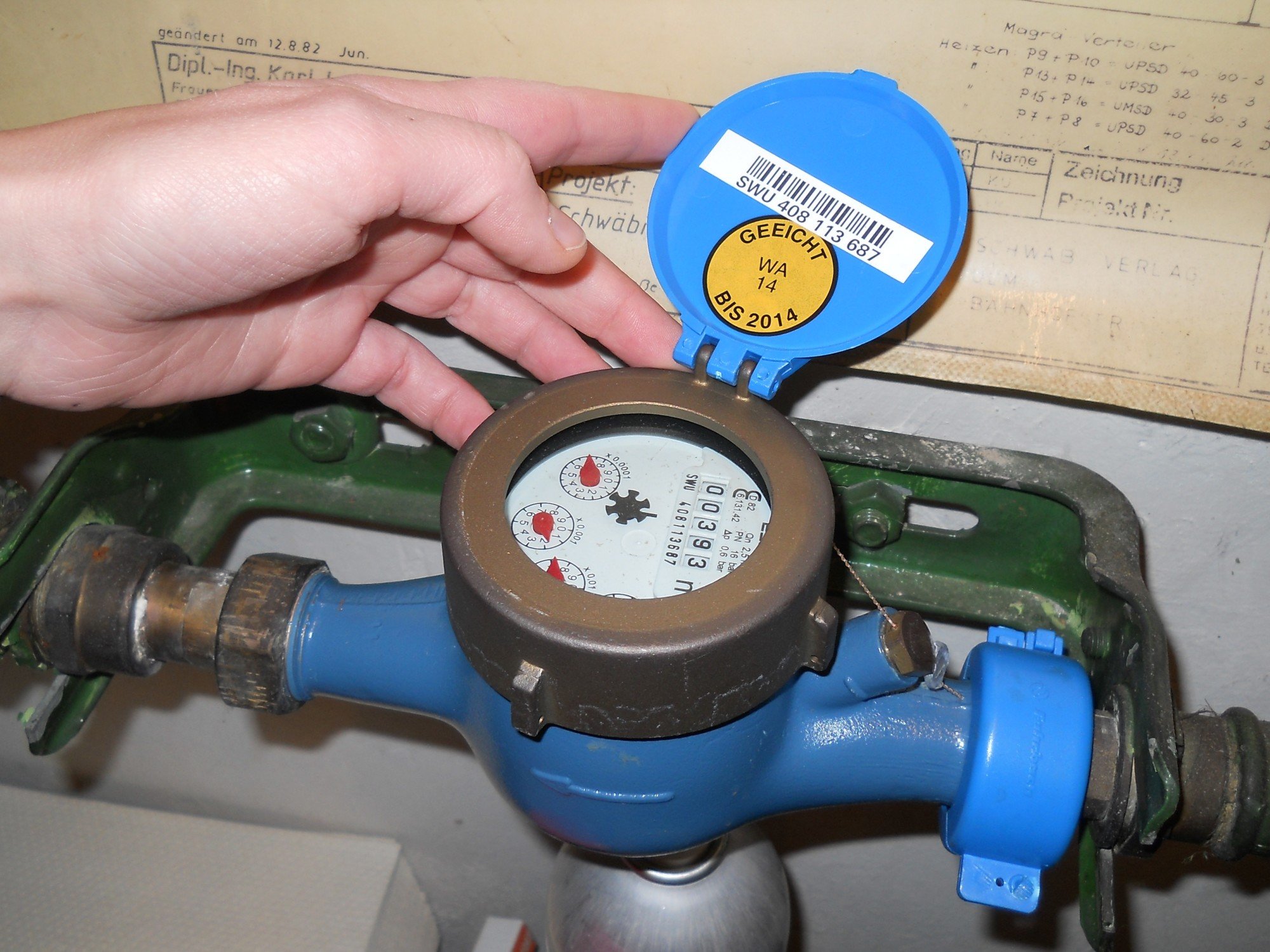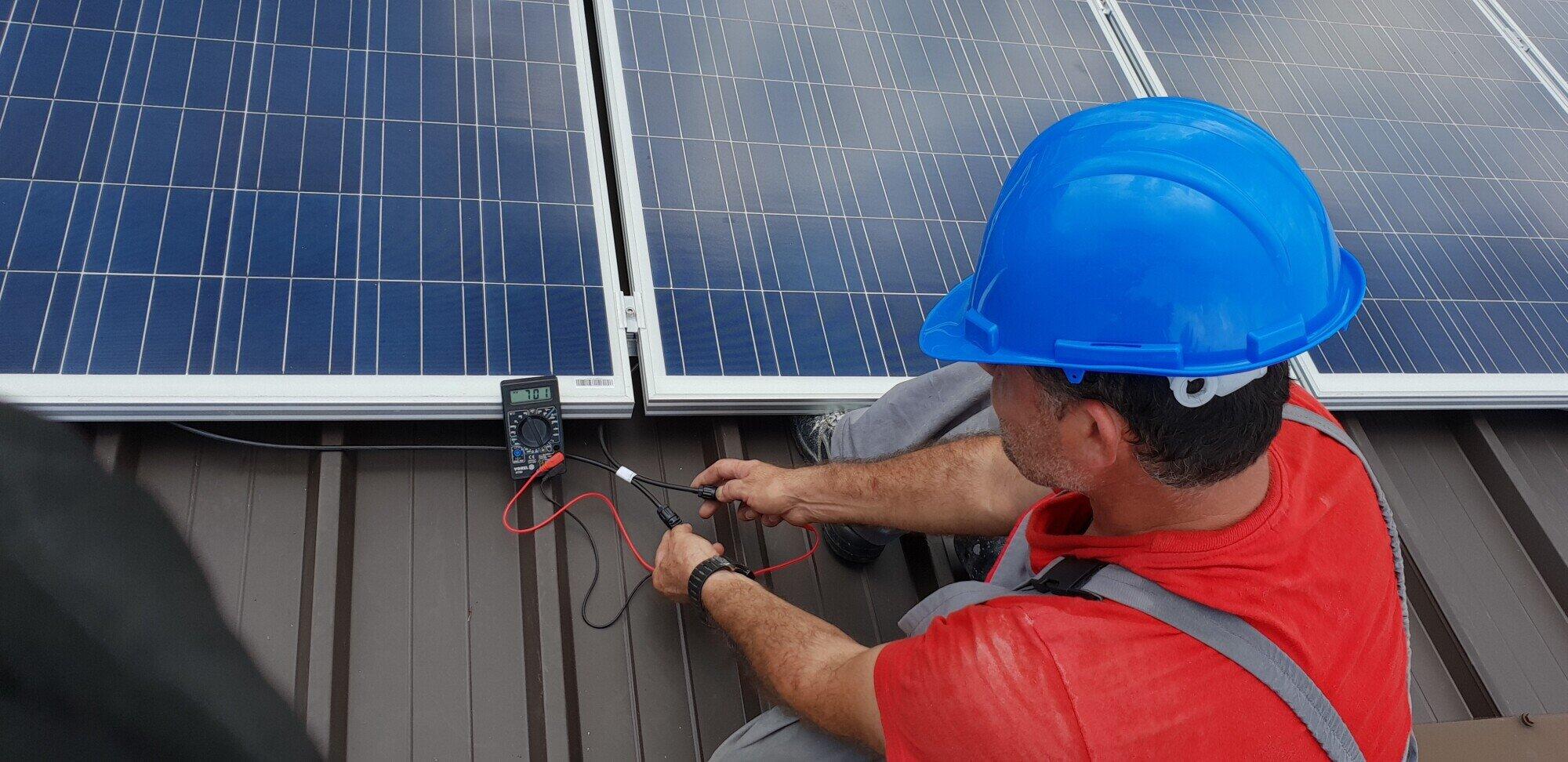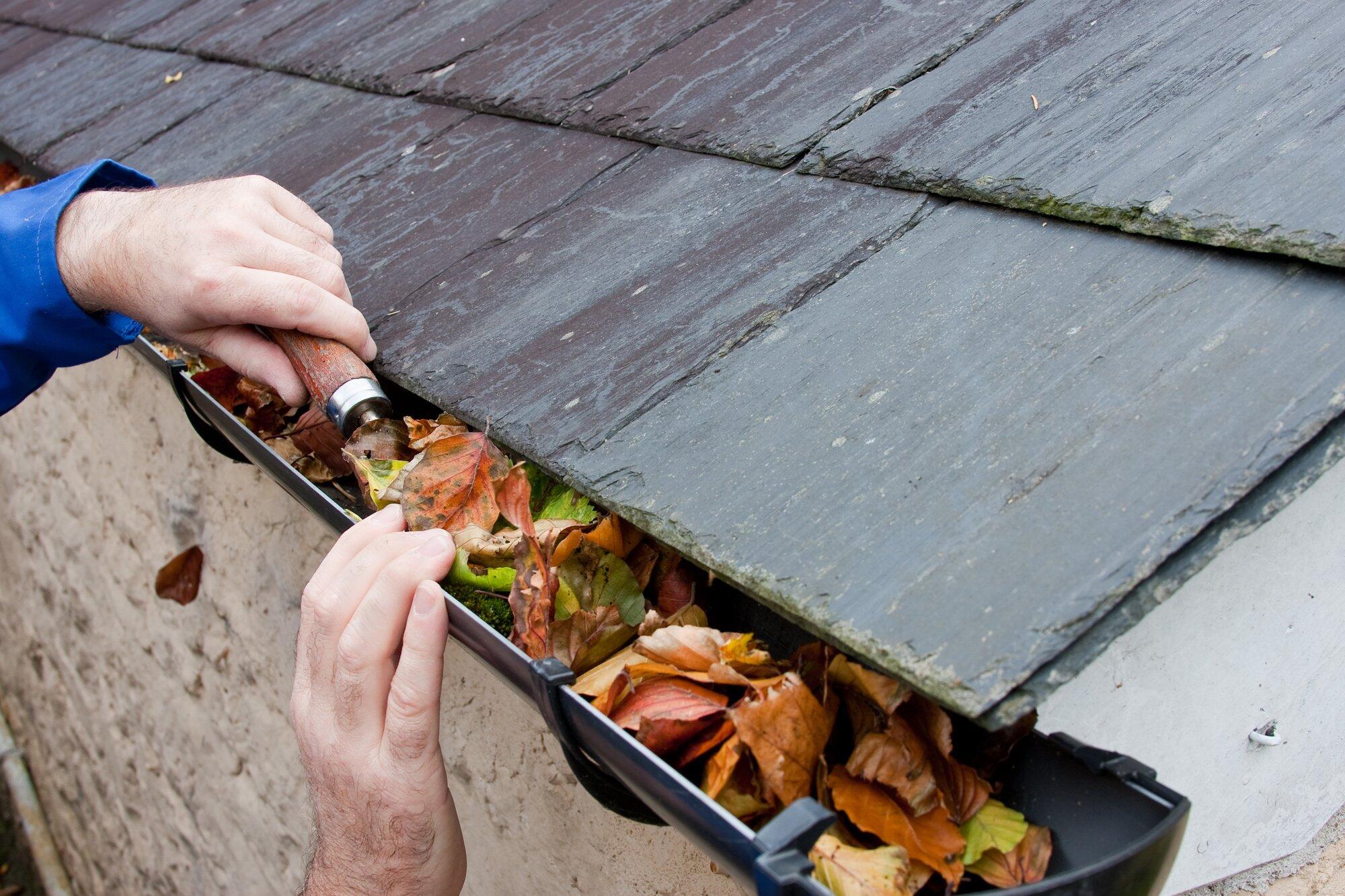Water damage can devastate any home, leading to costly repairs and long-term issues, including mold growth and structural degradation. The causes of water damage are varied and often unexpected, from leaky roofs to burst pipes.
Understanding these risks and taking proactive measures can make a significant difference in protecting your property. Consulting a reputable Water Damage Restoration Company can provide invaluable assistance in managing these risks effectively, ensuring your home remains secure and well-maintained.
Common Causes of Water Damage
Water damage can stem from various sources, each presenting unique challenges. Natural disasters like floods and hurricanes can inflict severe damage by overwhelming drainage systems and inundating homes. More common culprits include plumbing leaks, clogged gutters, and faulty appliances. Regular inspection and maintenance of these areas are essential to mitigating risks and ensuring the longevity of your property.
Essential Preventative Measures
- Inspect Roofing: Check for missing or broken shingles on a regular basis to stop water from penetrating and causing harm. Examine the roof at least twice a year and following extreme weather occurrences.
- Maintain Gutters: To ensure appropriate water drainage, make sure gutters and downspouts are clear of debris. Water overflow from blocked gutters can harm the foundation and roof.
- Check Plumbing: Frequently inspect pipes for leaks or signs of wear. Examining visible and hidden pipes is essential to catch concealed leaks behind walls or under floors.
- Install Sump Pumps: Utilize sump pumps in basements to manage water accumulation during heavy rains or flooding. Regularly test the pump and consider a battery backup to ensure it functions during power outages.
Early Detection Is Key
The extent and cost of repairs can be significantly reduced by detecting water damage early. Water damage can be identified by water stains on walls or ceilings, musty odors, peeling paint, warped flooring, and unexpected spikes in water bills.
Employing regular home inspections helps catch these issues promptly. Purchasing smart home appliances, like water leak detectors, can give you real-time notifications when a leak is found, enabling you to take immediate action to stop the issue before it gets worse.
Steps for Addressing Water Damage
- Identify the Source: Determine where the water comes from, whether it’s a burst pipe, leaking roof, or appliance malfunction.
- Stop the Water Flow: Turn off the main water supply to prevent further damage. Knowing the shut-off valve location and operation is essential before emergencies arise.
- Remove Standing Water: Use pumps or wet/dry vacuums to remove standing water quickly to minimize damage.
- Dry Affected Areas: Use dehumidifiers and fans to completely dry any damp surfaces. Act quickly, since mold can grow in as little as 24 to 48 hours. Open your windows to let more air in.
- Repair and Restore: Replace damaged materials, such as drywall or flooring, to prevent mold growth and structural deficiencies. Address the underlying issue to prevent recurrence.
Cost Implications of Water Damage
Water damage repair costs can vary widely. Minor repairs might be handled with a minimal budget, but severe damage involving structural components or widespread mold growth can lead to substantial expenses.
According to Forbes Advisor, average repair costs can range from $1,000 to $4,000. A comprehensive homeowner’s insurance policy covering water damage provides financial relief and support during such events.
Conclusion
Preventing water damage requires vigilance and proactive maintenance. Homeowners can safeguard their properties and avoid costly repairs by understanding common causes, implementing regular checks, and knowing how to address issues promptly. Investing time and resources in preventative measures and early detection can save significant stress and financial burden in the long run. Stay informed and prepared is the key to effectively protecting your home from water damage.







